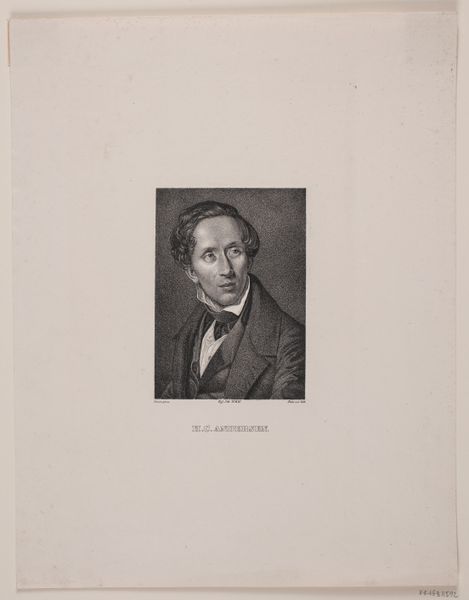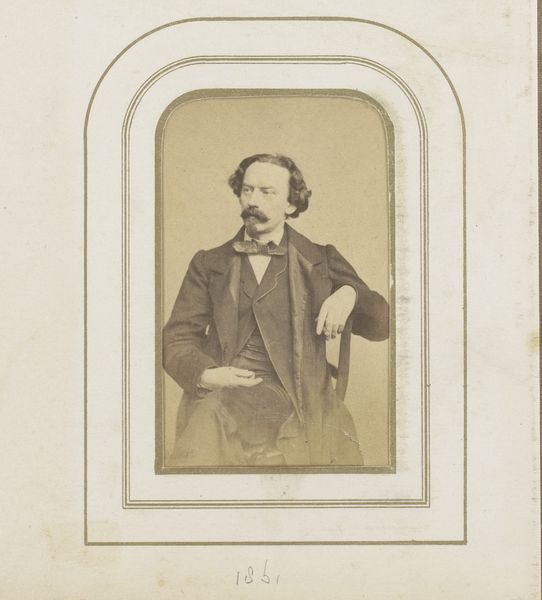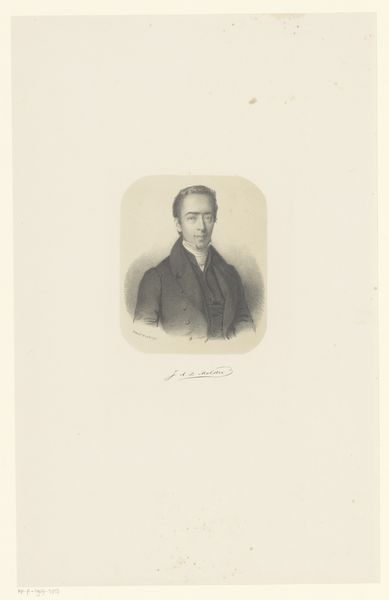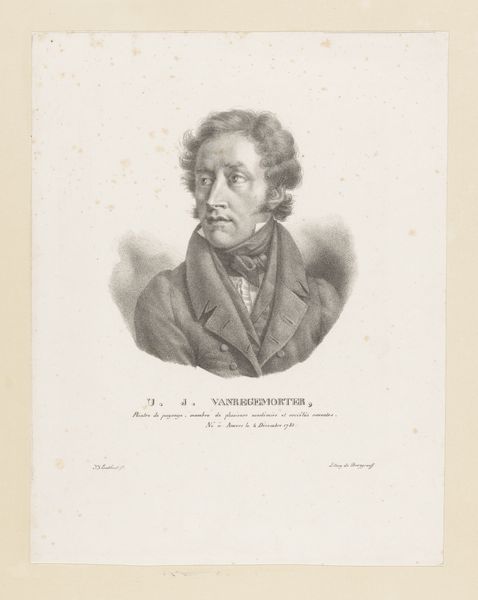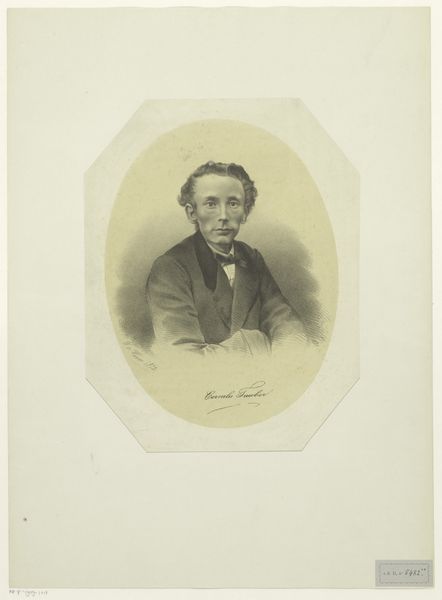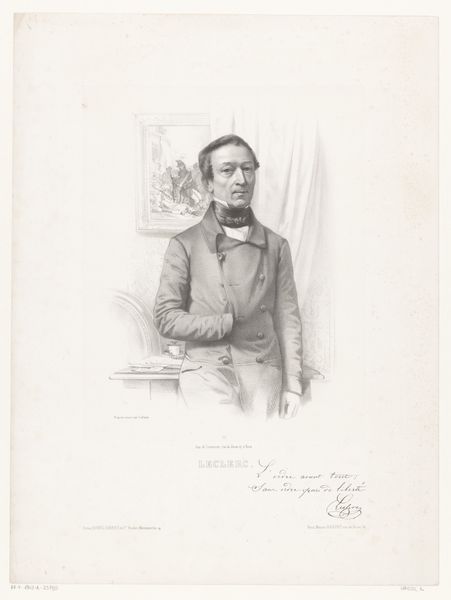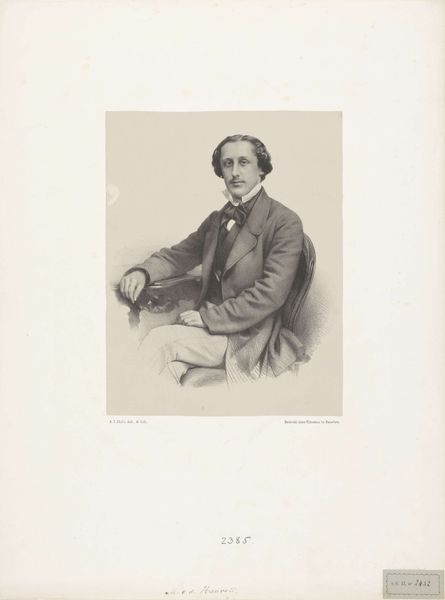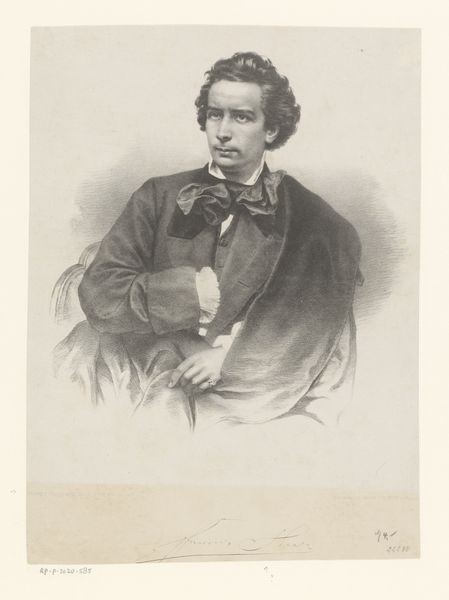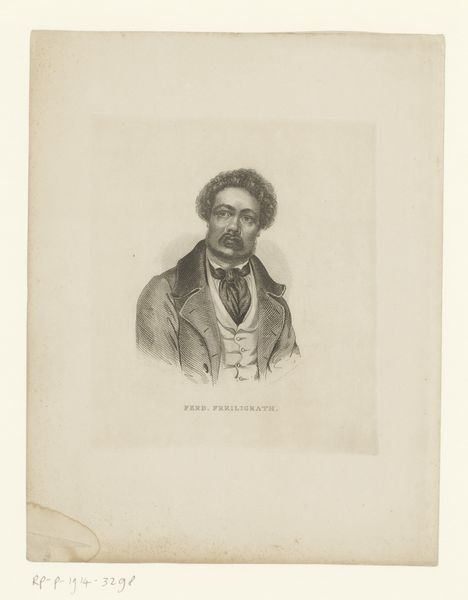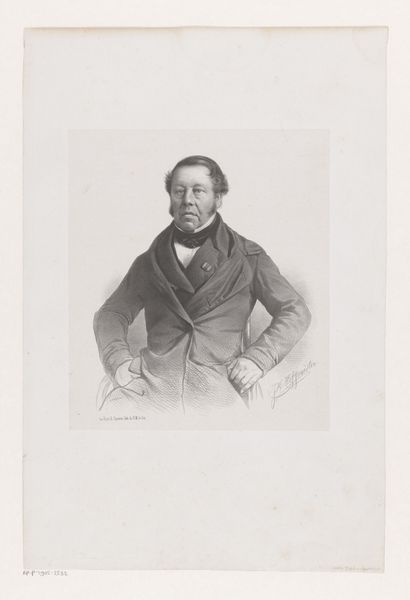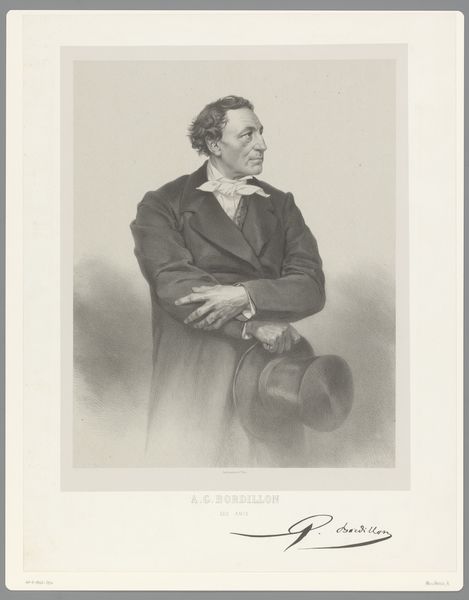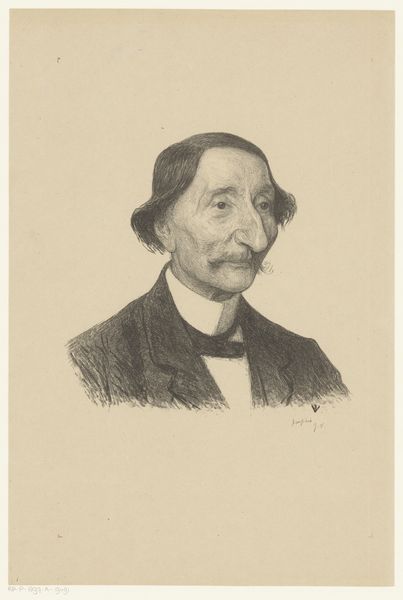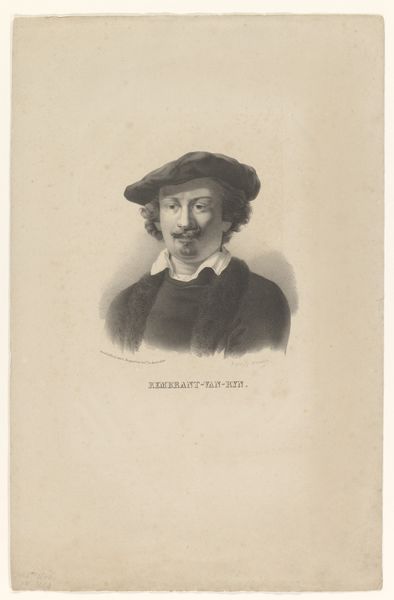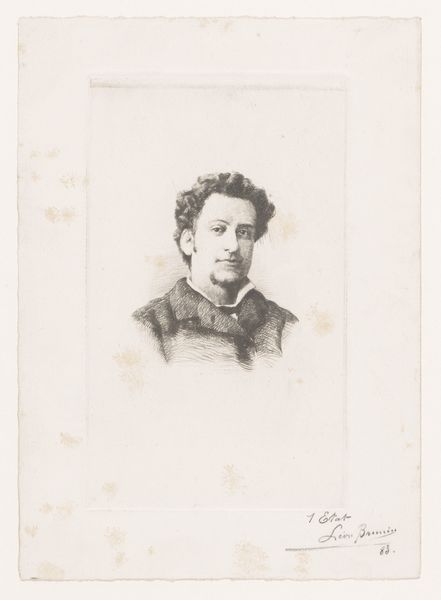
drawing, pencil, graphite
#
portrait
#
pencil drawn
#
drawing
#
pencil drawing
#
pencil
#
graphite
#
portrait drawing
#
academic-art
#
realism
Dimensions: height 197 mm, width 162 mm
Copyright: Rijks Museum: Open Domain
This portrait of Nicolaas de Roever was etched by Jan Veth. The etching process is interesting here; a metal plate, likely copper, is coated with a waxy, acid-resistant material. The artist then scratches an image into the wax, exposing the metal beneath. The plate is submerged in acid, which bites into the exposed lines, creating grooves. What you're seeing when you look at this artwork is the ink held in those grooves, transferred to the paper under tremendous pressure using a printing press. The depth and width of the lines, controlled by the artist's hand and the acid's bite, dictate the darkness and texture of the image. Consider how this process democratizes art. Unlike a unique painting, an etching can be reproduced, making art more accessible. This brings up questions about labor, artistic skill, and the economics of art production in the late 19th century. The very materiality of this print – metal, acid, ink, paper – speaks to a shift in how art was made, distributed, and consumed.
Comments
No comments
Be the first to comment and join the conversation on the ultimate creative platform.
